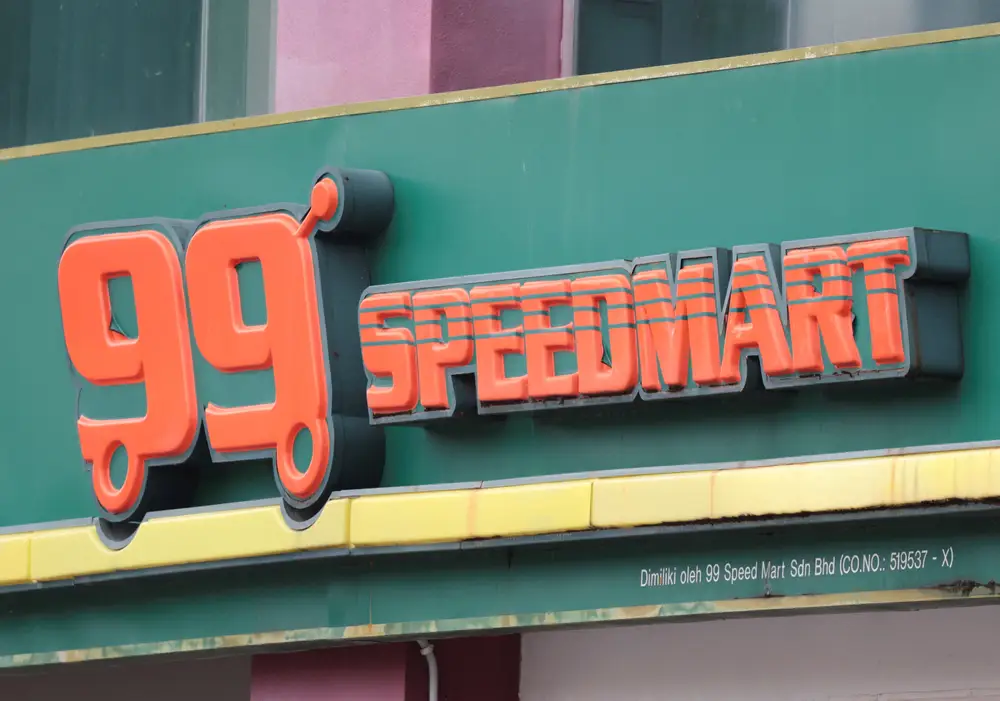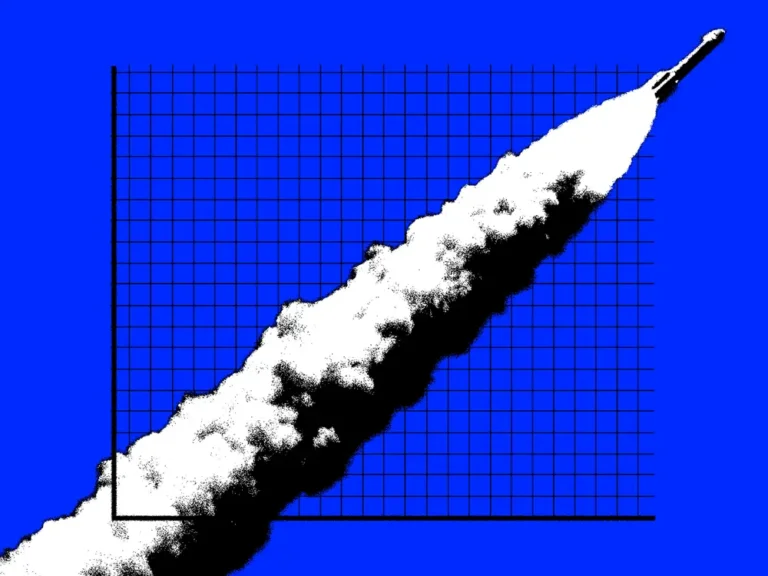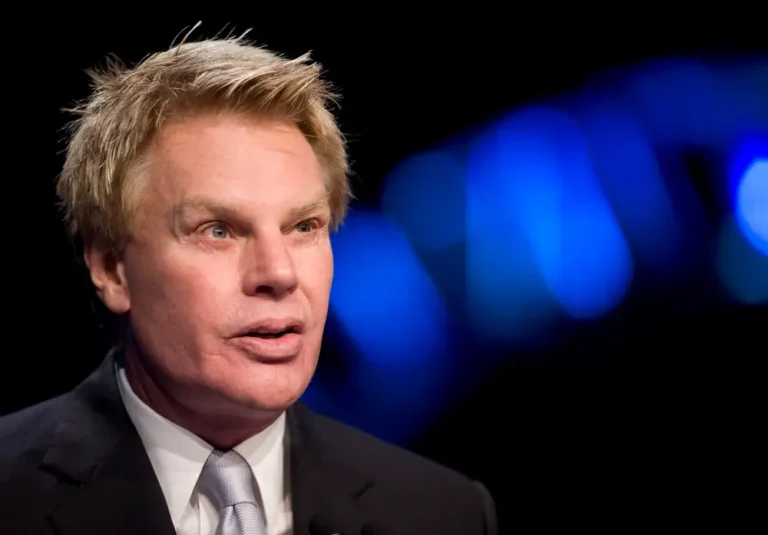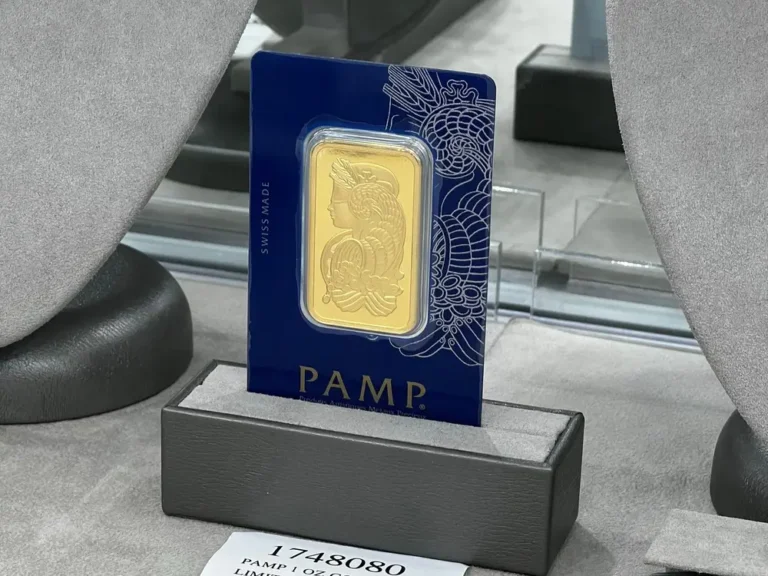Asia’s newest billionaire founded a grocery store in 1987 and never gave up any stake — until this week’s IPO

99 Speed Mart founder Lee Thiam Wah became Asia’s newest billionaire as the company went public on Monday.
Lee Thiam Wah started selling snacks at a roadside stall. Now, he’s Asia’s latest entrepreneur to reach billionaire status.
He founded the convenience store chain 99 Speed Mart and officially became a billionaire on Monday after his company went public in Kuala Lumpur.
The $531 million initial public offering on Monday shattered a seven-year record in the country for the largest IPO, at 1.65 Malaysian ringgit, or $0.38, per share. This brings Lee’s net worth to $3.3 billion, according to Bloomberg’s Billionaires Index.
Born in 1964 in the Malaysian city of Klang, Lee grew up in a family with 11 children. His parents, a construction worker and a hawker, struggled to make ends meet, per Bloomberg. Lee contracted polio as a child and lost the use of his legs, making it difficult to find work. He turned to entrepreneurship, selling snacks from a stall to support himself.
“I have to help myself. Nobody would hire me due to my physical limitation,” Lee told Forbes in 2010.
He opened his first grocery store in 1987 at the age of 23. Over the next decade, his business grew into a chain of eight stores under the name Pasar Mini 99.
Lee’s wife, Ng Lee Tieng, joined the company in 1997 as a purchasing executive. Together, they built what would become the largest mini-mart chain in Malaysia, with 2,651 stores nationwide, according to the company’s IPO prospectus.
Until this week’s IPO, the couple fully owned the business. Lee will remain its majority shareholder, controlling up to a combined 79.7% stake. He will continue as the company’s CEO. Ng will hold a 3.2% stake in the company.
The company has a 40% share of the mini-mart market in Malaysia and controls nearly 12% of the overall grocery sector, according to the prospectus.
The IPO attracted 14 major investors, including firms like abrdn Asia and UOB Asset Management, Bloomberg reported. The company plans to use over half of its IPO proceeds to add another 250 stores a year until it reaches about 3,000 outlets in three years, set up new distribution centers, and purchase new delivery trucks.
The company saw a second-quarter profit of 125.5 ringgit — a 66.3% year-over-year increase, Reuters reported on Monday. 99 Speed Mart also posted a revenue of over 9,000 million ringgit in 2023, over four times that of its main competitor, 7-Eleven Malaysia, per its IPO prospectus.
99 Speed Mart didn’t immediately respond to a request for comment from B-17.






